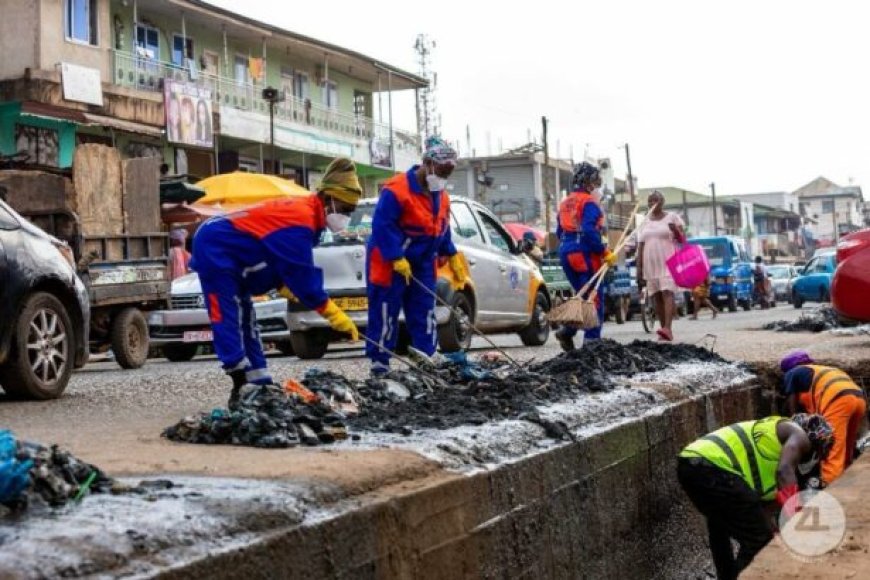Salaries of Zoomlion workers may be increased soon – Local Government Minister
Ghana's Minister for Local Government, Decentralisation, and Rural Development, Martin Adjei-Mensah Korsah, has announced plans to increase the salaries of sanitation workers employed under the Youth Employment Agency (YEA) and managed by Zoomlion Ghana Limited. This initiative aims to address longstanding concerns regarding the remuneration of these essential workers.

Current Salary Structure and Concerns
Under the existing contract, the government allocates GH₵850 per sanitation worker per month to Zoomlion through the YEA. Of this amount, workers receive GH₵250, while the remaining GH₵600 is retained by Zoomlion as management and logistics fees. This arrangement has faced criticism for providing workers with wages below the minimum wage, leading to financial hardships and repeated protests over delayed payments.
Government's Response
In response to these concerns, Minister Adjei-Mensah Korsah has acknowledged the need for a comprehensive review of the current remuneration framework. He emphasized the government's commitment to ensuring fair compensation for sanitation workers, recognizing their critical role in maintaining public health and environmental cleanliness.
Proposed Measures
The ministry is considering several measures to improve the financial well-being of these workers:
-
Salary Increment: Implementing a salary increase to align workers' wages with the national minimum wage and reflect the importance of their services.
-
Contractual Reassessment: Reevaluating the existing contract between the government, YEA, and Zoomlion to ensure a more equitable distribution of funds, potentially reducing the portion allocated for management fees.
-
Timely Payments: Establishing mechanisms to prevent delays in salary disbursement, ensuring workers receive their wages promptly.
Stakeholder Engagement
The ministry plans to engage with all relevant stakeholders, including Zoomlion management, worker representatives, and financial experts, to develop a sustainable and fair compensation model. This collaborative approach aims to balance operational costs with fair worker remuneration.
Conclusion
The proposed salary increase for sanitation workers under the YEA reflects the government's dedication to addressing wage disparities and improving the livelihoods of essential service providers. By reassessing contractual agreements and ensuring timely payments, the ministry seeks to create a more equitable and efficient system that acknowledges the vital contributions of these workers to public health and sanitation.
What's Your Reaction?




















































































